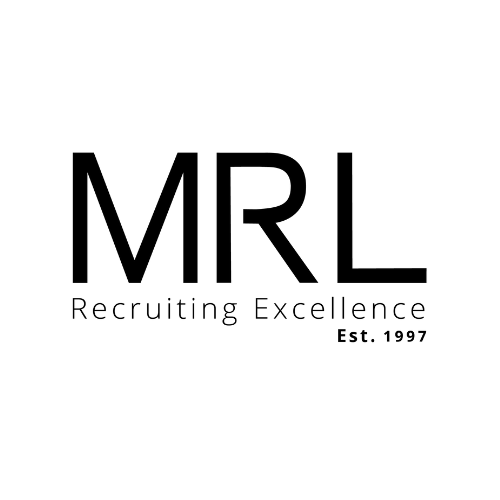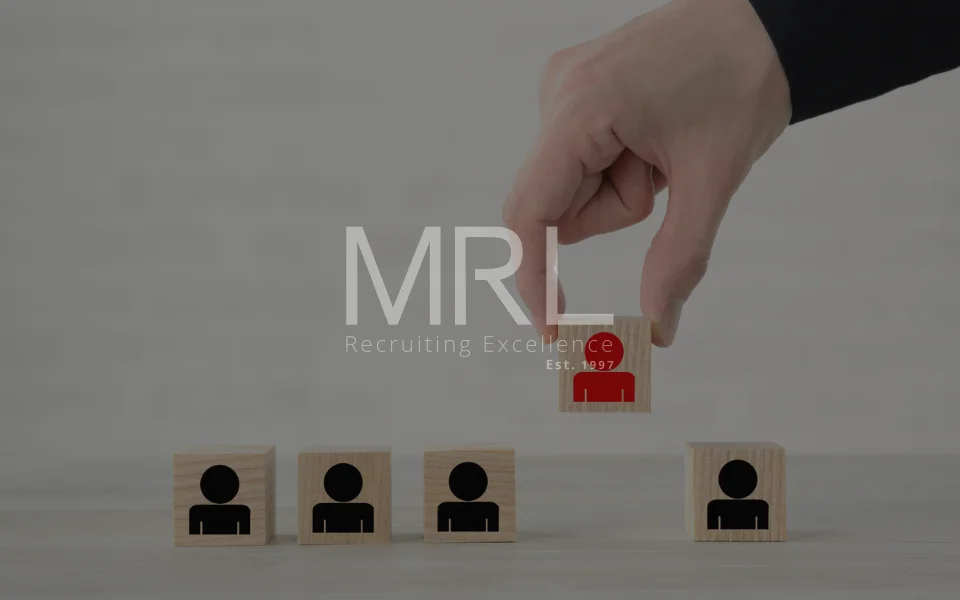Why Your Recruitment Strategy May Be Failing
05 Mar, 20215 minutesWhat do you do when you feel you have a solid hiring strategy and a winning job description ...

What do you do when you feel you have a solid hiring strategy and a winning job description but don’t come away with a new hire, or even worse, hire the wrong person?
Here are some common reasons hiring strategies fail, and what you can do about them:
A recruitment strategy that doesn’t evolve
Companies that use the same strategy repeatedly without reviewing its performance run the risk of missing out. After every recruitment experience, you should be sitting down with the team to discuss what went well and what went poorly.
There is so much data waiting to be analysed that can take your hiring experience to the next level, increasing your chances of hiring success and lowering the risk of a hire not working out.
Your job description and company isn’t inclusive enough
Or at the very least, doesn't appear to be inclusive enough. Gone are the days where job descriptions were simply a list of skills or experiences candidates were expected to have. Now, they incorporate the type of person companies are looking to recruit and highlight what a candidate can gain from working for the company.
One of the first things a candidate will do when deciding whether to apply for a role with your company is to scan the job description and carry out some initial research.
Studies show that job descriptions that include buzzwords and overly aggressive language like 'dominate' or even 'perfectionists’, along with an excessive list of required skills, has been proven to put women off from applying for roles.
Even businesses who produce an inclusive job description can still fall short if candidates peruse their website's team page and find a lack of diversity there.
Another common mistake is when leadership roles are often filled by one group, while lower-level positions are more inclusive. This can be offputting to candidates outside of the dominant group and prevent them from applying in the first place.
It is worth reviewing your website and bringing forward any disparagement in diversity, as this is likely to have a knock-on effect on candidates applying (or not) for a role with you.
You aren’t advertising in the right places
Popping a job ad on LinkedIn might work for some companies, but for niche sectors like the semiconductor or lighting and optics industry, the pool of talent is just too small. Enlisting the help of recruitment consultants experienced in recruiting in your field will provide insight on what advertising platforms may work best for you.
At MRL, we also have a pool of candidates of our own, which can speed up the recruitment process as you will have a whole host of possibilities right at your fingertips.
Poor communication throughout the recruitment process
From the moment the application arrives in your inbox, to rejecting or making an offer; your communication needs to be on point. Delayed responses and lack of detail or even character will speak volumes to a candidate. If you don't seem too bothered about them during the chase, how will you treat them once they work for you?
Don't forget that you will always have competition. Even if your salary and company benefits are competitive, you will likely lose out on securing talent if your communication skills are lacking.
Employee retention isn’t included in the recruitment strategy plan
The recruitment process doesn't end when contracts are signed. It doesn't even end once onboarding is completed. A quality retention plan that considers employee happiness and progression opportunities will keep employees motivated, engaged and satisfied in their role. The cherry on the cake is that it will keep your employees loyal to your company, without the need to look elsewhere; saving you money on recruitment costs.
Many things can cause a recruitment strategy to fail, and if you haven't been able to put your finger on what is holding you back, please do get in touch with one of our recruitment consultants for advice.





